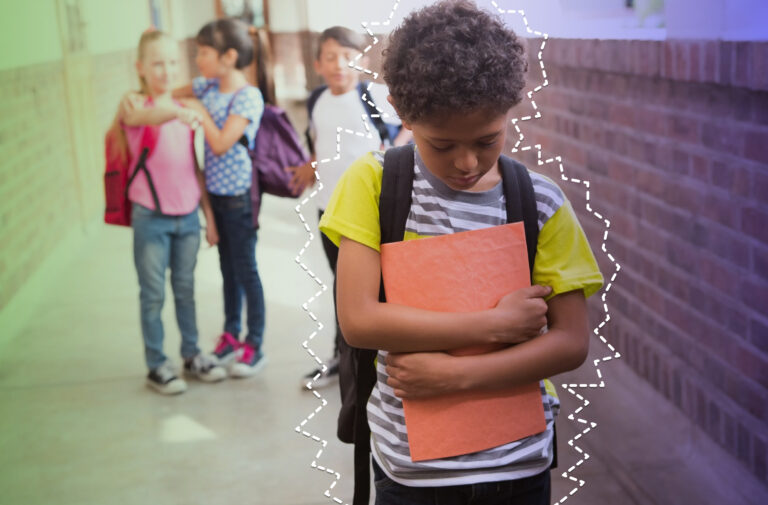6 Crucial Insights on Bullying for Educators

Bullying is an issue educators are likely to encounter during their careers, and it has evolved in recent times, with playground taunts now extending into the realm of social media. One thing remains unchanged: bullying is a grave problem with enduring consequences for its victims.
As educators, understanding these six critical facets of bullying can make a significant difference in supporting all students, including those involved in bullying
Bullying Is More Than Just Misbehavior
Bullying isn’t merely misbehavior; it has distinct criteria. According to stopbullying.gov, bullying involves repeated unwanted, aggressive actions featuring a power imbalance. All 50 states have introduced anti-bullying laws, but the issue persists. Approximately 30% of students admit to bullying others, while 70.6% of students and 70.4% of school staff have witnessed bullying. While not all misconduct constitutes bullying, it remains a prevalent concern in schools.
Bullying Peaks in Middle School
Bullying affects one in five students at school, with girls (23%) reporting slightly more incidents than boys (19%). Bullying is most prevalent in middle school, particularly in sixth grade, accounting for 31% of incidents. The form of bullying varies by age, with physical bullying more common in elementary school and transitioning to relational aggression in middle school, where exclusion, intimidation, and rumor-spreading become predominant. High school students also experience relational aggression, albeit less frequently.
Bullies Target Differences
Most bullying victims are targeted because they appear different or vulnerable to their peers. Factors such as physical appearance, race, gender, disability, religion, and sexual orientation are primary reasons for bullying, according to the National Center for Education Statistics. Teachers can support these students by fostering inclusivity, assigning them special roles, or providing them with buddies, strengthening their connections within the classroom.
Bullies Can Surprise You
Bullies come in various guises, not always as you might expect. Some are popular and use bullying to maintain their social standing, while others are more isolated and may suffer from low self-esteem, depression, or anxiety. A few bullies have been victims themselves, carrying psychological scars into adulthood. Parental involvement, aggression, poor rule adherence, a positive view of violence, and associations with bullying friends are factors that can contribute to bullying behavior.
Prevention And Intervention Are The Key
While it’s impossible to monitor every aspect of your students’ lives, intervention is essential. Make it uncool to bully by educating students about standing up for others. Foster a classroom environment where bullying is discouraged and empower students to intervene when they witness it. Research indicates that 57% of bullying ceases within 10 seconds when peers step in.
Open Conversations Matter
Fostering dialogue with your students can encourage them to report bullying. Ensure your students feel safe coming to you when they experience or witness bullying. Engage in open discussions about current events, social media, and broader societal issues, enabling students to connect their experiences with the larger picture.
Shaping a Non-Violent Future With Toley!
As we grapple with the grave issue of gun-related violence in schools, it is imperative to remember that we all bear a responsibility in shaping the future of our children. By acknowledging the link between bullying and violent behaviors, we can take proactive measures to prevent tragedies. As parents, educators, counselors, and society, we can create a generation that embraces empathy, compassion, and non-violence.
The Toley Ranz Foundation’s mission is to pave the way for a brighter and safer future for all children. We offer guidance, talks, and special anti-bullying programs for children at schools, community centers, libraries, and many more places to work together and build self-esteem, self-belief, and self-power! Contact us at info@toleyranz.com if you’d like to hear from us!


